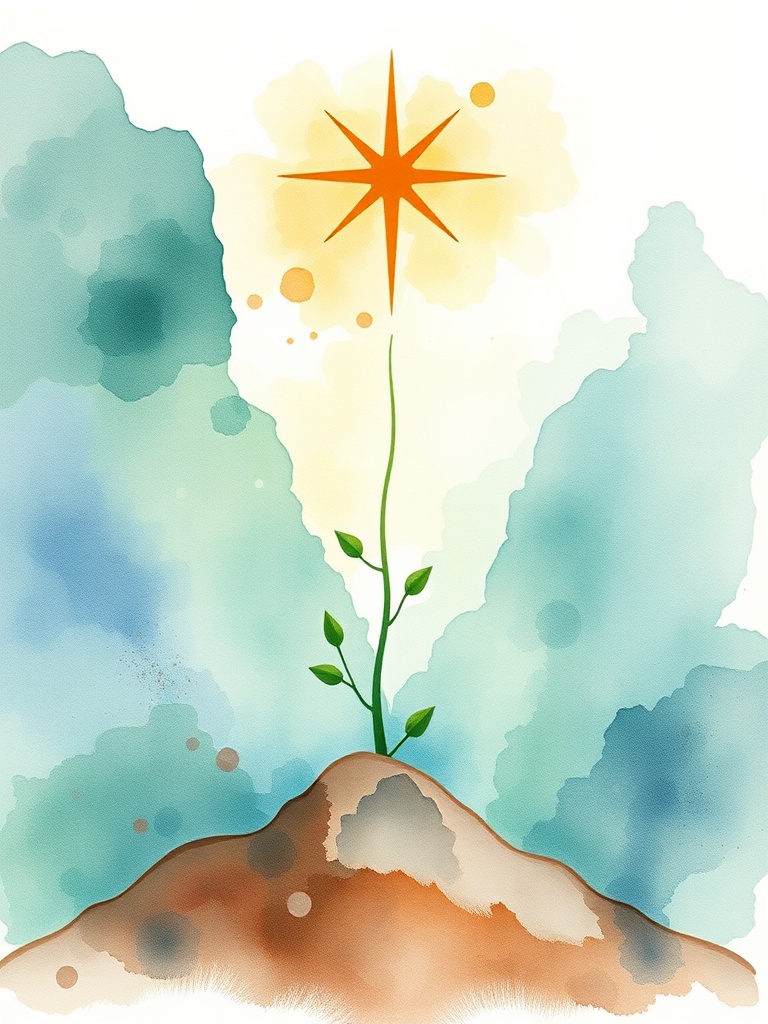Practical Paths to Spiritual Growth: Daily Habits That Deepen Inner Life
Spiritual growth is less about reaching a fixed destination and more about developing steady practices that expand self-awareness, compassion, and inner resilience. Whether exploring meditation, contemplative prayer, nature-based rituals, or ethical living, the heart of spiritual development is consistent attention to what nourishes the inner life and how that attention shows up in everyday choices.
Core principles that support lasting growth
– Regularity over intensity: Small, repeatable practices compound. Ten minutes of mindful breathing each day often yields deeper changes than occasional long retreats.

– Curiosity instead of judgment: Approach inner experiences like observations.
Curiosity softens resistance and highlights patterns that deserve attention.
– Integration not escape: Spiritual practice should help manage life, not avoid it. Growth emerges when contemplative insights translate into kinder behavior, clearer priorities, and healthier boundaries.
– Balance of inward and outward focus: Deepening presence often leads to more compassionate action.
Spiritual maturity includes both inner work and service.
Effective daily practices
– Mindful breathing or focused attention: Start with short sessions and anchor them to existing routines (after waking, before meals).
Breath awareness trains concentration and calms reactive patterns.
– Journaling for insight: A few minutes of free-writing can reveal recurring beliefs, emotional triggers, and gratitude. Prompts: “What lesson came through today?” or “Where did I feel most disconnected?”
– Loving-kindness or compassion practice: Quietly offer well-wishes to self, loved ones, neutral people, and difficult people. This cultivates emotional flexibility and reduces hostility.
– Movement-based presence: Yoga, walking meditation, or qigong ground spiritual life in the body, releasing stored tension and integrating insight.
– Nature connection: Regular time in natural settings restores perspective and supports feelings of awe and interconnectedness.
Working with resistance and obstacles
Spiritual growth often triggers inner resistance—boredom, fear of change, or ego defenses.
Notice avoidance patterns without shame. Practical moves include shortening practices when resistance is strong, consulting a trusted guide or community, and using curiosity to map what the resistance protects. Shadow work—gently exploring disowned parts of the self—can be transformative when done with structure and compassionate support.
The role of community and guidance
Engaging with a supportive group or mentor accelerates learning and prevents isolation. Community provides feedback, models integrity, and offers accountability. Seek groups that prioritize humility, open inquiry, and ethical practice. Teachers and peers who encourage questioning rather than rigid answers are especially helpful for sustained growth.
Measuring progress without scoreboard thinking
Spiritual progress resists neat metrics. Useful indicators include increased emotional regulation, clearer values, greater capacity for presence, more consistent compassionate action, and a reduced need for external validation. Notice subtle shifts—less reactivity, more spaciousness, and improved relationships.
Celebrate small wins while maintaining patience with plateau periods.
Practical starter routine
– Morning: 5–10 minutes of breath awareness or intention-setting.
– Midday: One mindful break—walk, stretch, or single-tasked meal.
– Evening: 5–10 minutes of reflective journaling or gratitude listing.
Growth unfolds through curious, compassionate persistence. By building simple, sustainable habits and leaning into supportive relationships, spiritual life becomes a living thread woven into daily experience rather than an occasional escape. Start where you are, stay attentive to what truly resonates, and let practice inform action.